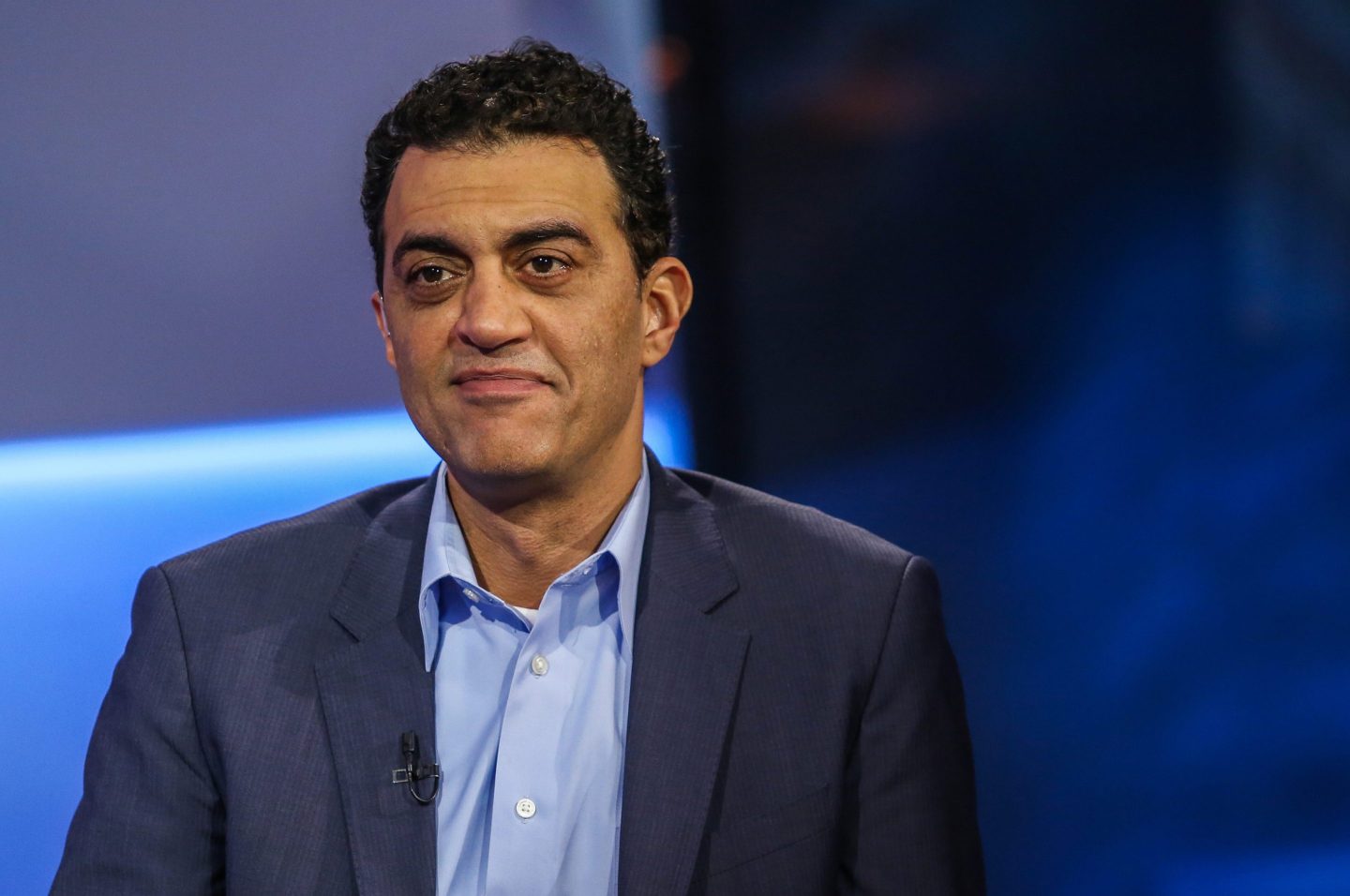Monday’s decision to cancel June’s G-8 meeting in Russia and replace it with a G-7 in Belgium will be a real test for the G-7.

FORTUNE — Escalating their response to Russia’s annexation of Crimea, Western leaders on Monday decided to move the June Group of 8 (G-8) Summit from Russia to Belgium and to dis-invite Russia. In the process, they have set up a test case for G-7 effectiveness — not only on Ukraine but also on what type of “G” world we now actually live in.
There was a time when G- summits meant a lot — first the G-5 (France, Germany, Japan, United Kingdom, and the United States) then the G-7 (G-5 plus Canada and Italy). They gathered a small group of decision-makers with unquestioned global influence. They operated in a relatively intimate setting that encouraged effective interactions. And their conclusions were supported by consistency, continuity, and authority.
With the major realignment of the global economy, however, these Western-dominated gatherings brought to the table less and less of a critical mass of economic power — particularly in light of the secular rise of systemically important emerging economies. Moreover, with the collapse of the Soviet Union, Western leaders fell into the tempting trap of using their exclusive group as a way to better “incorporate” Russia.
MORE: Jeremy Grantham: The Fed is killing the recovery
Having taken over from the G-5, it became the G-7’s turn to yield its place to two new groupings: the G-8 (G-7 plus Russia) and the G-20 (a mix of advanced and emerging economies).
With rare exceptions, however, neither of these G’s has been able — at least as yet — to gain much consistent traction. Continuity and consensus have become a lot more difficult, as have follow-up and operational effectiveness. It seems that the catalyst of a major global crisis is needed — and one that undeniably undermines virtually everyone around the world, such as the 2008 global financial crisis — for effective decision-making.
The resulting vacuum was compensated for a while by the dominance of the U.S. as the globe’s only superpower — the world of the G-1. But America’s overwhelming global influence has been gradually undermined by military and economic overreach, domestic political polarization, and Congressional dysfunction.
In effect, the G-1 has been giving way in recent years to what Ian Bremmer has labeled the G-0. And the consequences have been partly reflected in unresolved geopolitical crises and less effective global economic policy coordination.
MORE: Leading in a volatile, uncertain, complex and ambiguous world
With the decision to cancel June’s G-8 meeting in Russia and replace it with a G-7 in Belgium, Western leaders are turning to an older formula to address the startling developments in Ukraine. Inadvertently or otherwise, they have set up a test case that is surprisingly well-designed for assessing the effectiveness of the G-7 — and, by implications, for the type of world we now live in when it comes to cross-border coordination and resolution.
Ukraine is tailor-made for the G-7 to try to help solve. And neither the G-20 nor the big multilateral institutions can bring to the table anything that approaches the G-7 in importance, influence, and direct relevance.
The onus is squarely on the G-7 to come up with at least a circuit breaker, either in negotiation with Russia or unilaterally, in order to diffuse a crisis that speaks in a fundamental manner to the well-being of Europe and the global standing of the U.S. If it fails this test, there should be little doubt that we now do live in Mr. Bremmer’s G-0 world.
Mohamed A. El-Erian, former CEO and co-CIO of PIMCO, is a member of the International Executive Committee at Allianz and chief economic advisor to its management board, chair of the President’s Global Development Council, and author of the NYT/WSJ bestseller When Markets Collide. Follow him on Twitter
@elerianm
.











